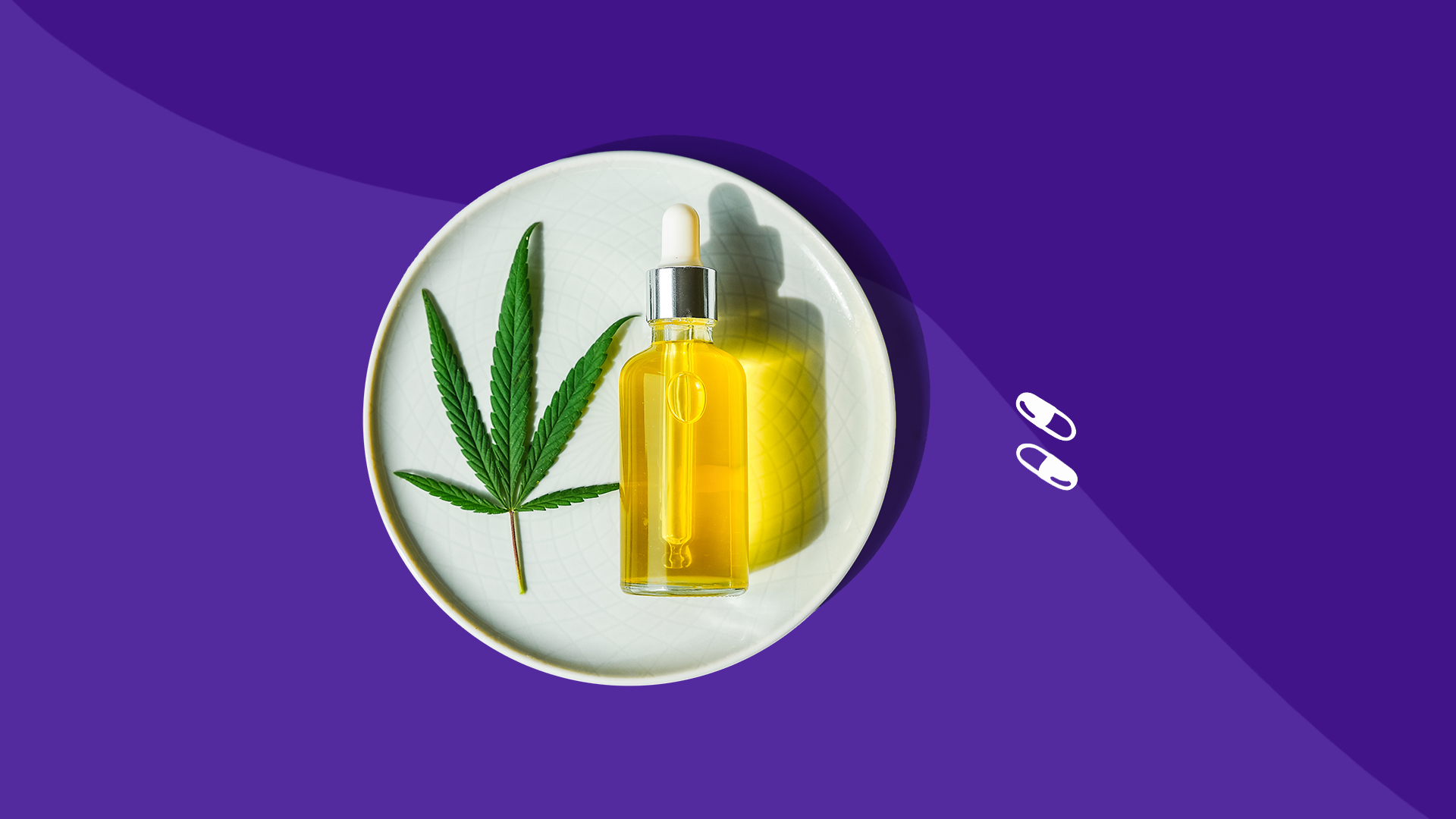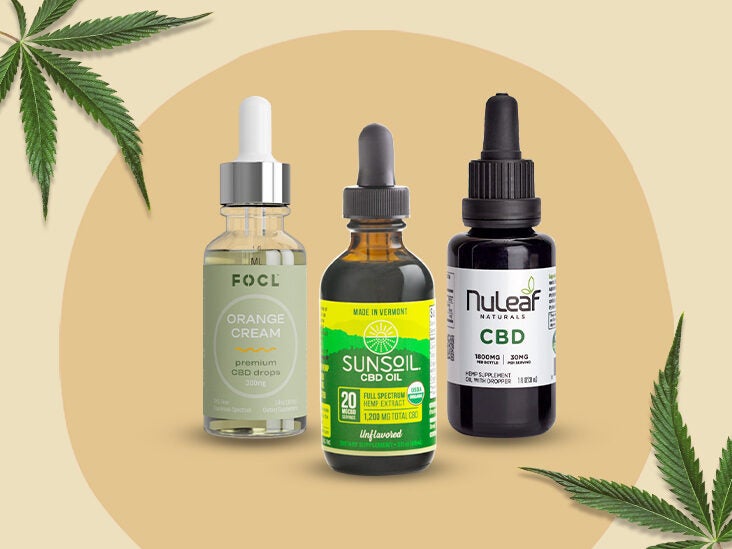
Cbd is one of the fastest-growing pie industries in the country. It's estimated that it will be worth more than $23 billion by 2023. It's a vast market and you have a great opportunity to join the action.
What is the cbd market?
The CBD industry is a rapidly-growing niche in the health and wellness sector. It encompasses a range of products including gummies, oils, vape concentrates and other topicals.
Entrepreneurs and small businesses have huge opportunities to capitalize on this market. However, like any other business you must be prepared for all possible challenges and take the right steps in order to succeed.
1. It isn't easy to get into the cbd market. Before you can open your CBD company, there are many legal issues and ethical issues.
First, ensure your company is compliant with local laws. There are different laws in each state, and there are also different rules for the federal government. If you aren't, you could face problems in acquiring financing or standard services from banks and other financial institutions.

2. A clear brand image is essential for CBD products. You can establish a strong brand image by creating a website that is well designed, with product photos and customer reviews.
3. Your customers deserve high-quality products.
CBD products most often include gummies, edibles. tinctures. oils. vapes. They are used to alleviate symptoms from various diseases and disorders.
They can also be used for mood enhancement and well-being. CBD is thought to reduce stress, anxiety and pain.
4. Even though hemp-derived CBD products remain illegal in many places, they are gaining popularity all around the world. In fact, the global CBD market will grow by more 22% over the next couple of years.
5. The cbd market has become a popular trend in the retail industry. By 2020, it is expected to have a value of more than $1.5billion.

You can increase your sales by having a website and social channels dedicated to CBD. However, you need to be careful as it is still a relatively new industry and there are a lot of misconceptions about CBD and hemp-derived products.
6. It can be difficult to market and sell CBD products. Use organic content that conforms to the guidelines of each platform. You may be banned or suspended from any site if you don't comply.
The FDA doesn't allow CBD products to claim that they can "diagnose," cure, "treat," or prevent any medical condition. When making claims, be concise and avoid industry terminology.
FAQ
How much CBD do you need?
The product type you're using will affect the amount of dosing.
CBD oils come with a range of strengths: 100mg to 1000mg per ounce.
Some CBD products can be made in specific amounts by certain companies, such as 25mg or 50mg.
Charlotte's Web, for instance, produces CBD products that are high in CBD and other cannabinoids.
If you're unsure whether or not CBD will work for you, start with a low dose.
It is possible to always go higher.
What are the best CBD brands?
These top CBD brands were handpicked by us on the basis of quality, reliability and value.
They offer high-quality CBD oil products that contain less than 0.2% THC.
We also recommend checking out our list of the best CBD sellers worldwide.
Which CBD products are most popular?
CBD products are becoming increasingly popular. They can be used for anything, including pain relief or anxiety. The market is growing rapidly and is very large.
But why do people purchase CBD? And what does it mean for you, as a brand owner?
Statista says CBD products are popular for their relaxing properties. They are also used for their anti-inflammatory properties.
This means that products with both CBD or THC can be sold both for recreational and medicinal purposes.
But what about brands that only focus on one specific purpose? One example is CBD for stress relief.
Additionally, a brand that focuses solely on CBD for medical purposes will enjoy a large customer base.
However, if a brand wants to target recreational users, then they need to create a unique selling proposition (USP). A USP is basically a feature or benefit that sets a brand apart from competitors.
Some brands offer free shipping while others offer bulk discounts.
Is CBD still a viable alternative?
The answer is yes. The answer is no, not because of its medicinal benefits, but because it helps people feel better without getting high.
People who want an alternative to prescription medications will love the fact that you don't feel any different after you use it.
Studies have shown that cannabis is effective in relieving pain, anxiety, depression and insomnia.
Cannabinoids are also found in cannabis, which interact with brain receptors. This interaction results in feelings of relaxation as well as well-being.
You should understand the effects of CBD oil on your body and health if you are considering using it.
Is the CBD market saturated or not?
CBD is seeing a steady growth rate of 25 percent annually. This growth will continue at least five years. In fact, the industry is projected to grow from $2 billion today to $5 billion by 2020.
Two companies dominate the CBD market: GW Pharmaceuticals (Canndoc Ltd) and Canndoc Ltd. Both companies are focused on the development of pharmaceutical-grade CBD products. They have not been very effective so far. Both are struggling to gain traction on the market.
Cannabidiol (CBD) is an extract of cannabis that contains less than 0.3% THC. It does not have any psychoactive properties. It is used for treating epilepsy and other medical conditions. It is also commonly used as a dietary supplement.
There are many options for CBD products. Some CBD products are made from whole plant extracts while others contain CBD.
These products all share one thing in common: low levels are THC.
They are thus legal under US federal legislation. You will still need to follow local laws if you are selling CBD products. You should always check with your state's regulations regarding the sales of CBD products.
Additionally, CBD products can be illegal in several states. These include California. Colorado. Florida. Mississippi. Missouri. New York. North Carolina. Ohio. Oklahoma. Oregon. Rhode Island. South Dakota. Texas. Utah. Virginia. Washington.
If you live in one of these states, then you will probably want to avoid making CBD products.
How can companies successfully market CBD products in a regulation-compliant manner?
The FDA does not regulate hemp as an agricultural commodity. The Controlled Substances Act regulates other cannabis derivatives (e.g. pot). To date, there are no specific regulations for CBD.
CBD is legal at state level in 29 US states. Federal law considers it illegal. Businesses looking to sell CBD products are left in uncertainty.
The FDA has specific guidelines on how CBD products must be marketed. To make sure that CBD products are clearly disclosed about their THC content, the FDA has established strict guidelines. Without supporting scientific evidence, CBD cannot be claimed to treat certain medical conditions.
Additionally, the FDA requires manufacturers submit information about manufacturing practices and quality control. To demonstrate safety and efficacy, the FDA requires companies to perform clinical trials.
These factors should be considered by companies when they develop their marketing strategies.
Statistics
- While the primary injury may not be treatable, interventions that attenuate secondary sequelae are likely to be of benefit [203].Only one study (ncbi.nlm.nih.gov)
- HR −16 mmHg; 95% CI −26, −6; I2 = 92%) (ncbi.nlm.nih.gov)
- The inhibition of FAAH is predicted to lead to an increase in brain and plasma concentrations of AEA, which acts as a partial agonist at CB1R and CB2R, thereby increasing endocannabinoid tone [92, 110]. (ncbi.nlm.nih.gov)
- The use of these products is likely to become even more widespread if the World Health Organization's recommendation that CBD no longer is scheduled in the international drug control conventions is adopted by the United Nations member states [201]. (ncbi.nlm.nih.gov)
- As a substance that was federally illegal before the passage of the 2018 Farm Bill, hemp-derived cannabinoids with no more than 0.3% THC still face a regulatory grey area. (forbes.com)
External Links
How To
What are the major issues facing the CBD industry in general?
The market for CBD products is expanding at an astounding rate. There are many hurdles businesses face when trying to enter the CBD market. These include lack of consumer awareness and high costs of entry, limited capital access, and regulatory uncertainty.
Many consumers do not know what CBD is or how it works. This makes it difficult for consumers to make informed decisions on whether or not they want CBD products.
Most CBD companies rely heavily upon word-of mouth marketing. This is expensive because it requires paying for advertising and hiring staff to promote their brand.
High production costs are another problem facing new entrants in the CBD industry. CBD products can be very costly because of the cost of the raw materials. To make CBD oil, hemp must be grown in certain climates and soil types.
For CBD oil to be produced, you need to plant enough hemp. This costs about $1,000 an acre. Many small farmers are unable or unwilling to invest in this product.
Access to capital is another challenge for new entrants in the CBD market. Banks discourage many people from starting a business because of the stigma attached to this industry.
The sale of CBD products is still subject to regulatory uncertainty. There are currently not clear guidelines as to how CBD products should marketing.
Although states have passed laws restricting CBD products sales, these policies are not yet national.
Only Nevada, Maine, and Nevada have legalized recreational pot.
However, some states like Massachusetts and Michigan are considering similar measures.
These changes could mean that CBD manufacturers will be more competitive.
These factors have led many entrepreneurs to choose to work remotely rather than starting a physical business.